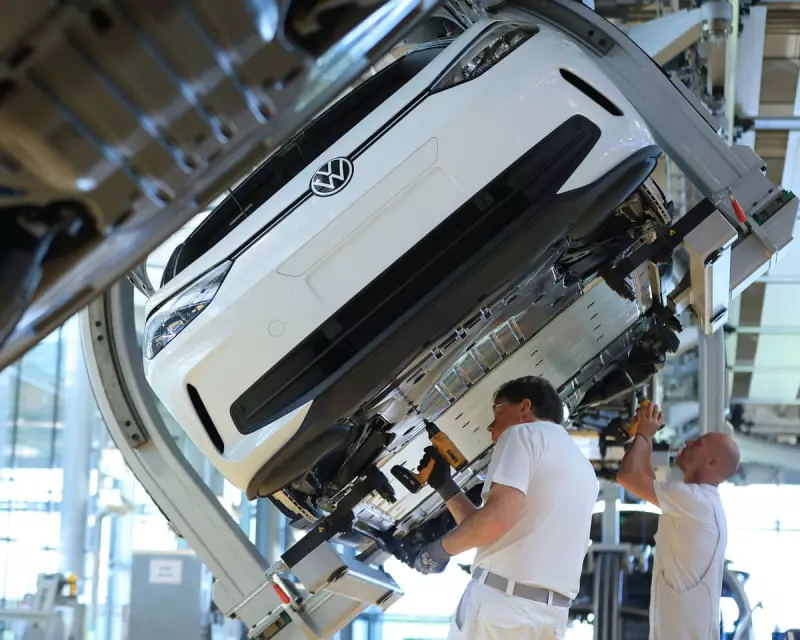
Europe's automotive powerhouse Volkswagen is grappling with a severe financial blow as the ongoing global chip shortage continues to wreak havoc on production lines and profit margins.
Profits in Freefall
The German car manufacturer has revealed a dramatic 40% plunge in third-quarter profits, sending shockwaves through the European automotive sector. The company's operating profit nosedived to €3.5 billion, down from €5.8 billion during the same period last year, highlighting the immense pressure facing traditional carmakers.
Production Gridlock
Volkswagen's chief financial officer acknowledged the semiconductor supply chain remains "extremely tight," forcing production slowdowns and temporary factory shutdowns across their European operations. The shortage has particularly impacted their most profitable models, creating a perfect storm of reduced output and missed sales opportunities.
Chinese Rivals Charge Ahead
While European manufacturers struggle, Chinese electric vehicle makers are capitalising on the disruption. Companies like BYD and Nio have secured more reliable chip supplies, allowing them to accelerate production and gain market share in the rapidly growing EV sector.
Industry-Wide Impact
The semiconductor crisis isn't isolated to Volkswagen. Several major European carmakers face similar challenges, raising concerns about the region's competitive position in the global transition to electric vehicles. Industry analysts warn that the chip shortage could persist into 2026, potentially reshaping the automotive landscape permanently.
As traditional manufacturers scramble to secure chip supplies and rethink their supply chains, the race for electric vehicle dominance appears to be shifting eastward, with Chinese companies emerging as unexpected beneficiaries of the global semiconductor squeeze.





